Why I Will Always Stick with iOS: 10 Compelling Reasons
Written on
Chapter 1: My Journey with iOS and Android
For the past four years, I have been an avid iPhone user. However, my early years were spent as a dedicated Android enthusiast. Back then, I often recommended Android devices to friends and family, primarily due to their affordability and extensive customization options.
Nonetheless, the landscape has shifted dramatically. Nowadays, the price difference between flagship Android and iOS devices is minimal, with many features found on Android now available on iPhones. Furthermore, Apple has significantly enhanced both its hardware and software, leading the industry in performance, battery longevity, and software updates.
Despite considerations like device variety and fast charging, opting for an iOS device is often more advantageous today. In this article, I will outline ten substantial reasons why I have no intention of switching back to Android.
Section 1.1: Superior App Quality on iOS
One undeniable fact is that applications often perform better and appear more polished on iOS. This is largely due to the streamlined development process for iOS, where developers focus on a limited range of models and OS versions.
On the contrary, Android developers must ensure compatibility across numerous devices with various specifications and customizations. As a result, popular applications such as Snapchat and Instagram frequently deliver a superior experience on iOS, with access to new features ahead of their Android counterparts.
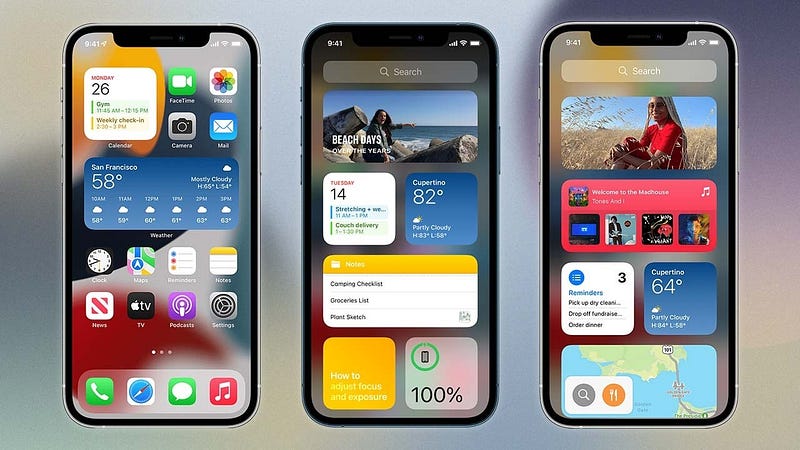
Additionally, the video and photo quality in apps like TikTok and Instagram tends to be noticeably better on iOS. This is because these applications utilize the device's camera on iPhones but often rely on screen recordings on Android due to system limitations.
Section 1.2: Smoother User Experience
Having compared my iPhone 13 Pro Max with a friend's S22 Ultra, I can confirm that the iOS experience is generally more fluid and responsive. Even with both devices boasting a 120Hz refresh rate, iOS animations and transitions feel significantly smoother. This is largely attributed to Apple's comprehensive control over both hardware and software, unlike Android, where various manufacturers contribute to hardware variability.
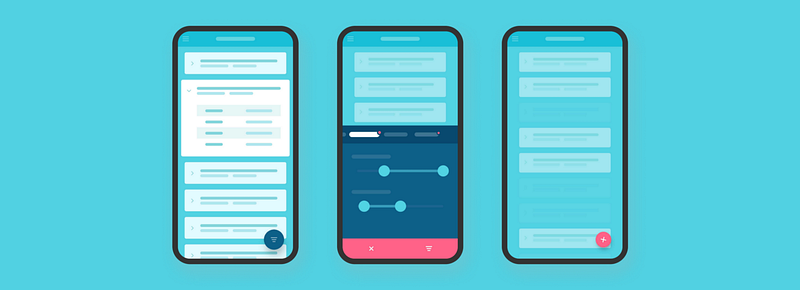
Moreover, even Google's Pixel devices, which theoretically benefit from unified hardware and software design, do not achieve the same level of smoothness as iOS. Custom skins added by manufacturers like Samsung can further degrade performance, making fluidity a key factor in my choice to remain with iOS.
Chapter 2: Privacy and User Experience
Video Description: Many iPhone users are reluctant to switch to Android, citing privacy concerns, app quality, and user experience as key factors. This video dives deep into the reasons behind this sentiment.
Section 2.1: Avoiding Intrusive Ads
One significant advantage of iOS is the absence of intrusive advertisements in system apps. Apple's built-in applications, such as Notes and Reminders, are designed for user convenience and do not bombard users with ads. In stark contrast, many Android phones, particularly those from manufacturers like Samsung and Xiaomi, are often cluttered with bloatware and advertisements.
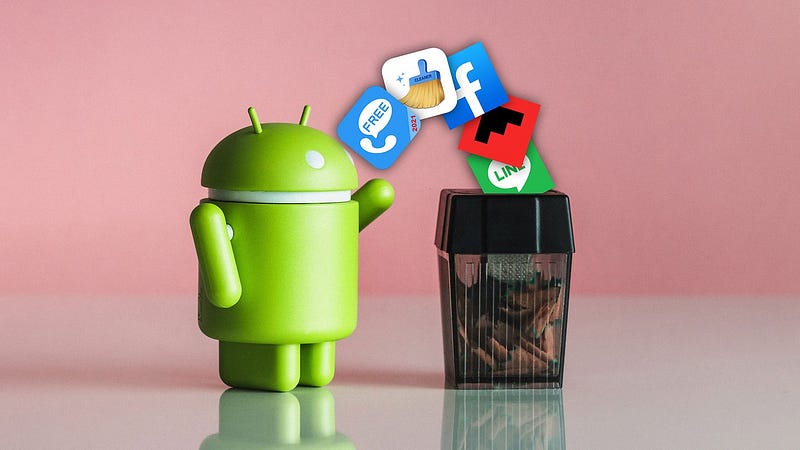
While the stock Android experience on Pixel devices is relatively ad-free, the majority of Android smartphones suffer from these annoyances. This is a primary reason I prefer iPhones, as I wish to avoid these disruptions.
Section 2.2: Exceptional Customer Support
Apple is renowned for its exceptional customer service, which greatly enhances the user experience. From Apple Care providing around-the-clock support to in-store sessions aimed at educating users, Apple's dedication to customer service is unparalleled.
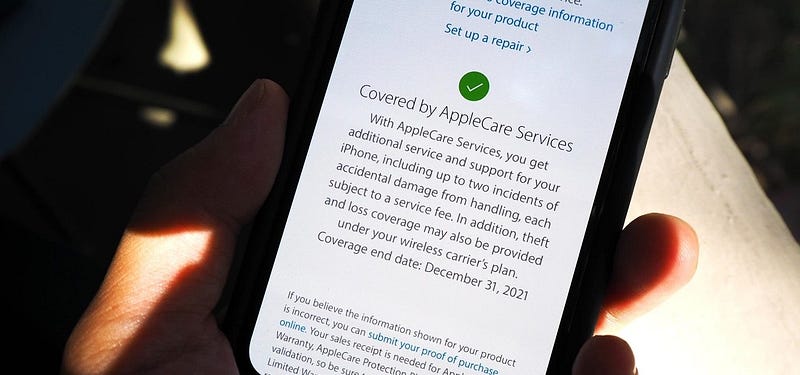
While companies like Google and Samsung also offer support, it is often less accessible due to their broader product portfolios. Apple, with its focus on the iPhone as a flagship product, demonstrates a commitment to service that is hard to match.
Chapter 3: The Security Edge
Video Description: Transitioning from iOS to Android can come with unexpected challenges, particularly related to security and usability. This video explores these challenges in detail.
Section 3.1: Robust Privacy Features
Privacy remains a crucial concern for me, and iOS consistently demonstrates a commitment to protecting user data. Unlike the various Android skins that can introduce ads and questionable privacy practices, iOS maintains strict standards for privacy and security.
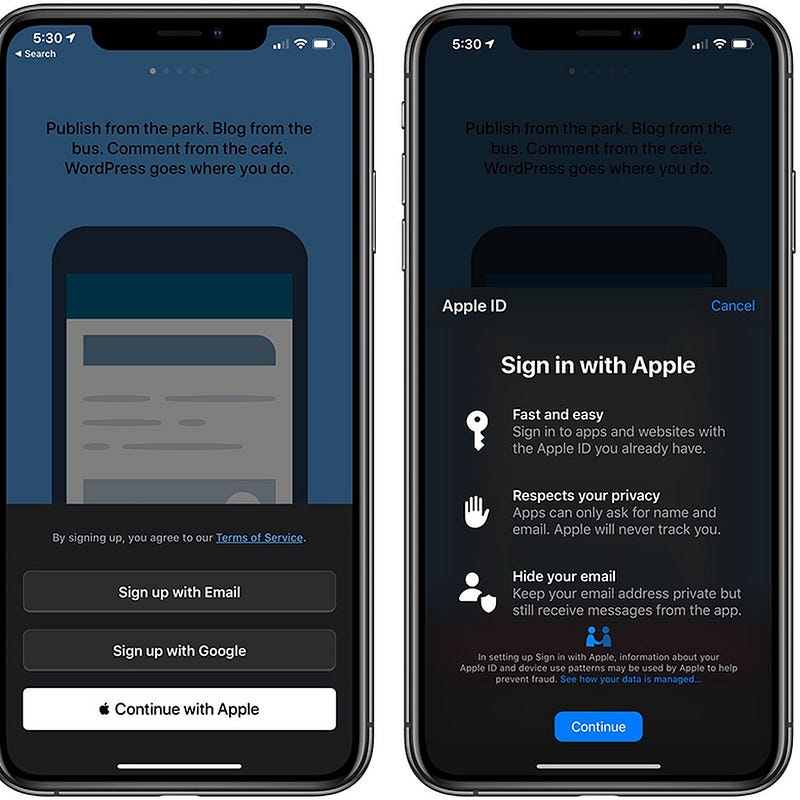
With features such as app tracking transparency and Sign In with Apple, iOS provides users with greater control over their personal information. These attributes strongly reinforce my preference for Apple devices over their Android counterparts.
In conclusion, the combination of superior app performance, enhanced user experience, excellent customer support, and robust privacy features makes iOS the clear choice for me. I have no intention of switching back to Android, as the benefits of remaining within the Apple ecosystem far outweigh the alternatives.